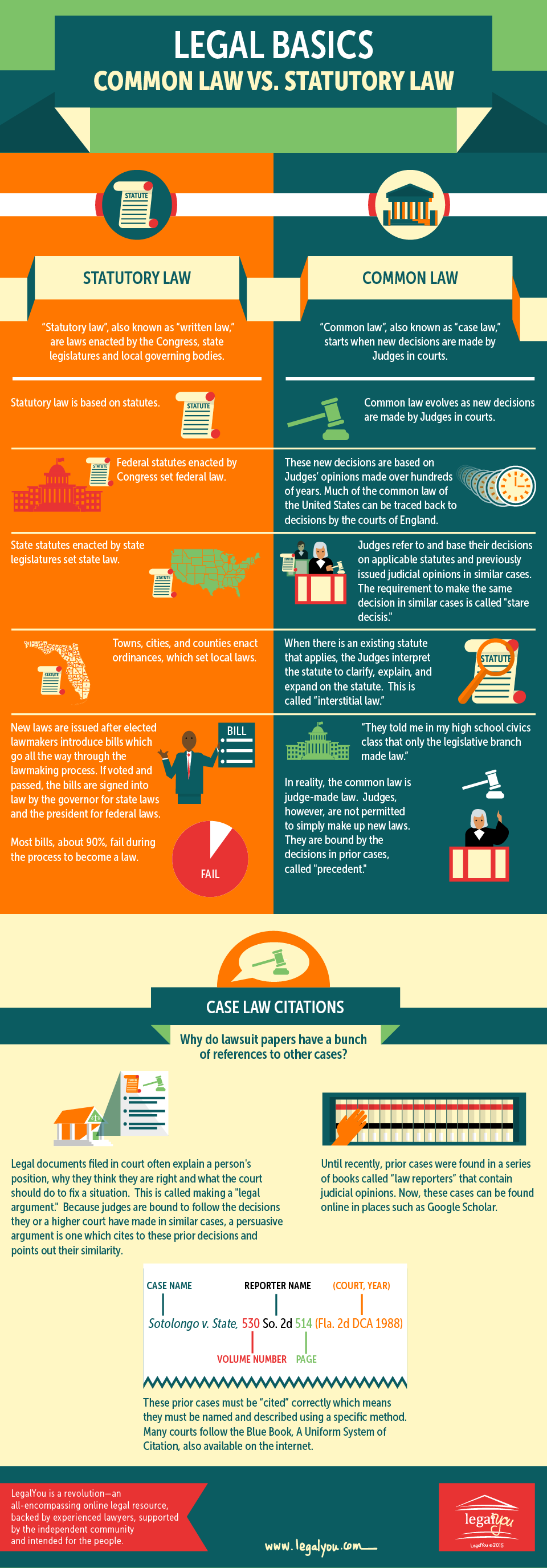Fine-Tune Your Knowledge Of Test Prep Work As We Assess The Precise Strategies That Criminal Justice Lawyers Use-- What Essential Activities Do They Do?
Fine-Tune Your Knowledge Of Test Prep Work As We Assess The Precise Strategies That Criminal Justice Lawyers Use-- What Essential Activities Do They Do?
Blog Article
Content By-Godfrey Middleton
When you consider the prep work that enters into a criminal trial, it's very easy to forget the extensive behind the curtain job attorneys take part in. You'll discover that they begin by examining the situation information and collecting evidence, yet it does not quit there. They craft strategies based upon who's presiding over the case and who's sitting on the court. As they navigate the intricacies of each test, they likewise need to anticipate the prosecution's steps. So, what certain steps do they require to guarantee everything straightens flawlessly come trial day?
Instance Evaluation
When planning for a test, a detailed situation evaluation is vital for any criminal justice attorney. You'll begin by assessing the realities of your instance, which sets the foundation for your technique. Comprehending the timeline of events, identifying principals, and identifying possible weaknesses in the prosecution's debate will aid you build a strong strategy.
Next, you'll examine any type of existing legal criteria that can affect your instance. Acquainting yourself with similar instances can give useful insights into how courts may translate the regulation. https://minnlawyer.com/2019/02/01/breaking-the-ice-finding-humanity-giving-voice-in-criminal-defense/ permits you to prepare for difficulties and resolve them proactively.
Furthermore, you'll wish to speak with your customer to collect their point of view and ensure their story lines up with the proof. Reliable communication additionally helps develop count on, which is vital for a strong attorney-client relationship.
Lastly, think about the implications of different results. This evaluation not only prepares you for trial however additionally permits you to encourage your customer on feasible plea offers or different resolutions.
Proof Collection
After assessing the case, the following action entails gathering proof that supports your customer's defense. This process is essential, as the strength of your instance typically rests on the high quality and relevance of the proof you gather.
You'll start by determining prospective sources of evidence, which might consist of witness statements, police reports, monitoring video footage, and forensic data.
Once you've pinpointed these sources, you'll need to obtain them legally and morally. This could indicate filing ask for records, speaking with witnesses, and collaborating with specialists who can evaluate physical proof.
Be complete in your paperwork; every item of evidence must be cataloged diligently to guarantee you can reference it easily during trial.
It's additionally necessary to review the evidence for its admissibility. Some items could be compelling yet could encounter difficulties in court as a result of legal regulations. You'll wish to prepare for any type of objections from the prosecution and prepare counterarguments.
Finally, keep your customer notified throughout this procedure. Transparency builds count on and helps them comprehend just how each item of proof adds to their protection strategy.
This collective technique lays the foundation for a strong situation as you move more detailed to trial.
Trial Approach Development
Establishing a trial approach is necessary for successfully providing your situation in court. You'll intend to begin by examining the evidence gathered and determining key motifs that support your customer's setting. Think about just how to provide the truths in a compelling narrative that reverberates with the court.
Next, consider your target market. You need to customize your strategy based on the judge and jury's histories, beliefs, and values. This understanding can lead exactly how you mount your debates and pick which evidence to highlight.
It's also important to expect the prosecution's approach. Recognize prospective weak points in your instance and establish counterarguments to address them proactively. Think about what questions jurors might have and be prepared with clear, succinct feedbacks.
Once you've established your core arguments, practice delivering them confidently. Simulated trials can be helpful for improving your discussion design and determining the effectiveness of your strategy.
Last but not least, continue to be adaptable throughout the trial. Be ready to adapt your technique as new evidence or growths develop, ensuring you stay concentrated on achieving the very best result for your customer.
Verdict
In preparing for trial, you need to stay organized and proactive. By extensively analyzing the case, gathering strong proof, and crafting a calculated method, you'll set yourself up for success. Remember, versatility is key; prepare to adjust as the trial advances. With efficient interaction and method through mock trials, you'll be fully equipped to counter any kind of obstacles that emerge. Ultimately, your preparation can make all the difference in accomplishing a desirable end result for your customer.
